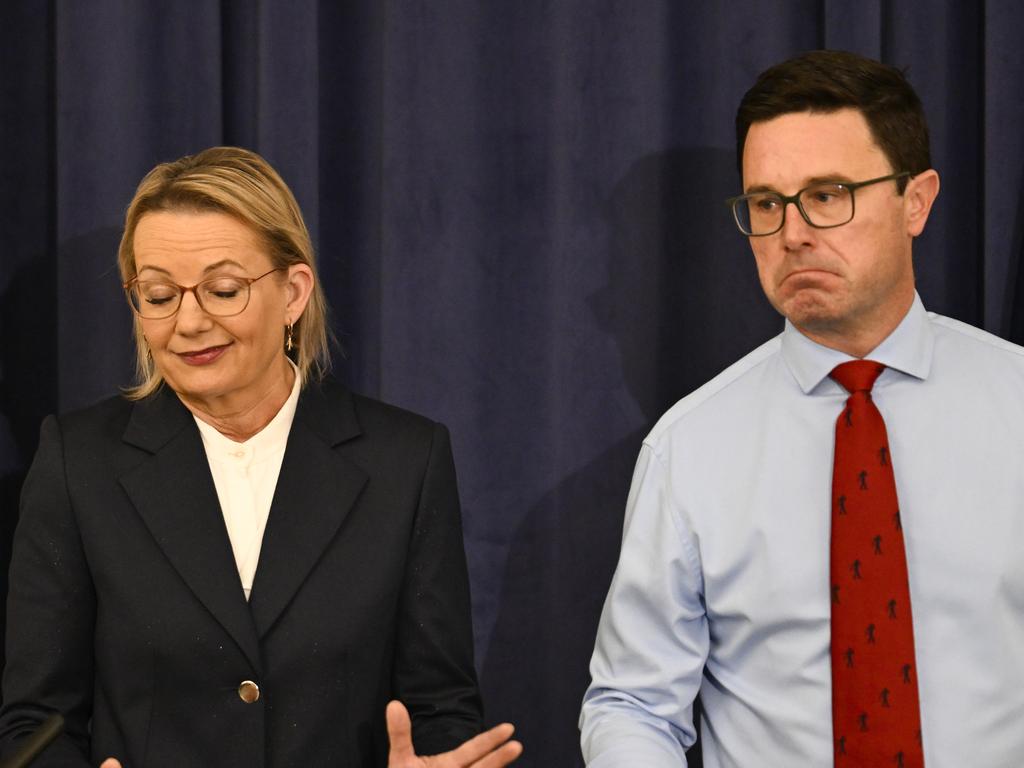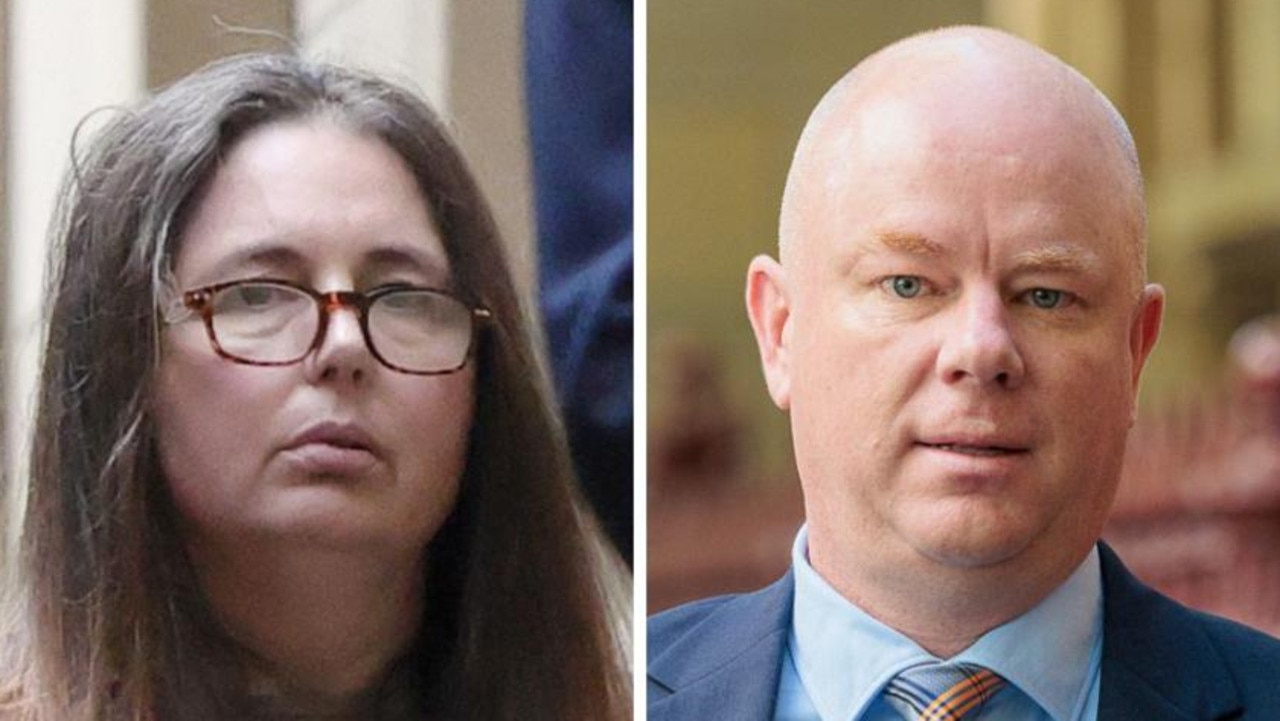‘Ferocious opposition’: Tony Abbott says super tax fight is first step back to credibility

In scale, the Liberals’ recent defeat rivals the rout of the old United Australia Party in 1943 that led to its demise and to the Liberals’ formation. It must mean a serious analysis of what has gone wrong in recent times and what should change if the Liberals are to stay the best hope of giving Australia better government. Because if the right lessons are not learnt the party could fade into irrelevance, a fate that now threatens an even more storied political movement: the world’s oldest and hitherto most successful political party, the British Conservatives.
Like all potential parties of government, the Liberal Party is itself a coalition of interests and movements. John Howard often used to say the party was the political custodian, in this country, of the liberal tradition of JS Mill and the conservative tradition of Edmund Burke.

My preferred formulation was that the party was simultaneously liberal, conservative and patriotic: the freedom party, the tradition party and, above all, the patriotic party. As liberals, I said, we supported smaller government, lower taxes and greater freedom; as conservatives, we supported the family, small business and institutions that had stood the test of time; and as patriots, we believed that Australia was the best country in the world to live and were determined to keep it that way.
The temptation, after a heavy defeat, is to argue over whether the party was too left-wing or too right-wing. That’s an essentially academic exercise that’s impossible ever finally to resolve because so much depends on circumstances.
Peter Dutton had the right response last time when he said the party should be neither more nor less conservative, just more strongly Liberal.
For most of the term of parliament just past, Dutton was a highly effective leader. He kept the surviving Liberal and Nationals MPs reasonably cohesive after the demoralisation of first losing office.
He opted to oppose the Indigenous voice, thereby saving Australia from permanently entrenching race in our Constitution. He opted to support civil nuclear power, a no-brainer given that nuclear power can hardly be acceptable in a submarine but not on the other side of the dock. In the process, he so discredited the Albanese government that pre-Christmas most of the public told pollsters it did not deserve re-election.
But in the months running up to the recent election, Dutton was unable to persuade the public that the Coalition was ready to govern.

Partly, this was because of an undercurrent of shameful Labor attacks on his looks and history as a Queensland policeman. Partly, this was because of brazen Labor lies about seven nuclear power stations costing $600bn and the destruction of Medicare to pay for them.
But mostly it was because it became far from clear, as polling day neared, how a Coalition government would be change for the better. An election both sides agreed was about cost-of-living relief, rather than about the deeper challenges facing the country, eventually boiled down to a choice between $14 off filling up your car for a year or a permanent 70c a day tax cut.
In any election that comes down to what government can do to ease the pain in your pocket, Labor tends to have a head start, especially when the Liberals seem out of character in opposing a tax cut.
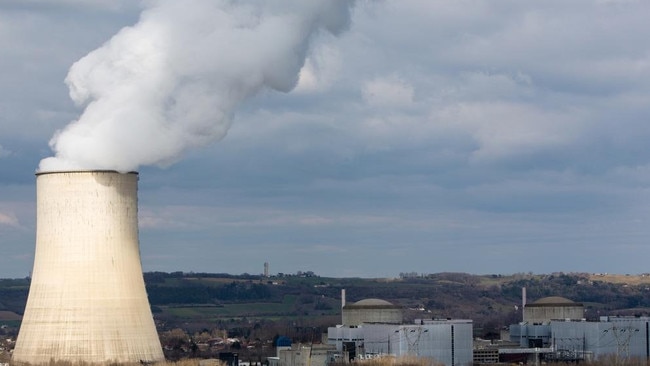
Doubts about the Coalition crystallised when its policy to get public servants back to the office was announced as a thought bubble in a speech, only to be weaponised by Labor as an anti-women, anti-family attack on working from home, and then humiliatingly withdrawn.
Another vote changer was Labor’s promise to forgive 20 per cent of students’ HECS debts: for some, a $20,000-plus free gift. The Coalition was right to oppose it but somehow neglected to explain, forcefully and persistently, why it was fundamentally unfair to transfer student debt to taxpayers, essentially from comparatively high-income earners to comparatively low-income earners.
Inexplicably, there was no aggressive refutation of Labor’s lies about Dutton’s record as health minister; no sustained advocacy of the Coalition’s nuclear policy; and no powerful attacks on Labor’s promised tax on unrealised capital gains, a wealth tax that was the likely precursor to death duties and taxes on the family home. The Coalition’s advertising and social media campaigns were often lame; and, incomprehensibly, its pollster seems to have been completely oblivious to voters’ growing resolve to stick with the devil they knew.
Ever the decent and honourable man, in a remarkably gracious concession speech Dutton shouldered full blame; but really it was a collective failure: by shadow ministers who failed to do their policy homework or to insist the Coalition have coherent policy in key areas; by party officials who insisted to donors and supporters that the Coalition was on track to win at least 10 seats; by party insiders who have presided over a catastrophic long-term decline in membership; and by factional warlords cum lobbyists desperate to capture the Liberal brand, sometimes for commercial gain, often shoehorning into parliament pliable careerists rather than proven community leaders.

As a Liberal Party, there has been a serious collective character deficit as too many of us, too often, have put personalities and politics before nation and principle. Too many Liberals think the business of politics is about achieving office, not improving the nation; and that democratic success is about feeding voters what they want rather than persuading them to want what the country really needs. Our defeat had very little to do with being too left-wing or too right-wing and much more to do with a long-term failure to be a clear alternative to an increasingly green-left Labor Party and to fight hard for our vision for the country.
So where to now?
Plainly, the reconstituted Liberal-Nationals Coalition needs to get on with the fundamental job of an opposition, which is to reject anything the government does that would make the country worse. That doesn’t mean opposition for opposition’s sake but it does mean relentlessly pointing out the government’s errors and, at the very least, letting voters know that it will undo the damage, as far as is possible, if it gets into government.
Ferocious opposition to the government’s unrealised capital gains tax legislation would be the obvious place to start. Because taxing unearned income is wrong in principle, support for it is confined to class-war warriors. Win or lose on this, for the Coalition it’s a way back to political credibility: forcing the government to back down would instantly end the Prime Minister’s second honeymoon; and if that’s unachievable, a finally legislated unrealised gains tax would be a permanent reminder that Labor was coming after voters’ assets. Besides, the one thing that normally unites Liberals is attacking Labor.
More substantially, though, the Coalition needs to level with voters about our country’s predicament and not shy away from pointing out all the indicators of imminent long-term decline – the economic stagnation, the social fracturing and the strategic peril – just because that implies difficult choices.
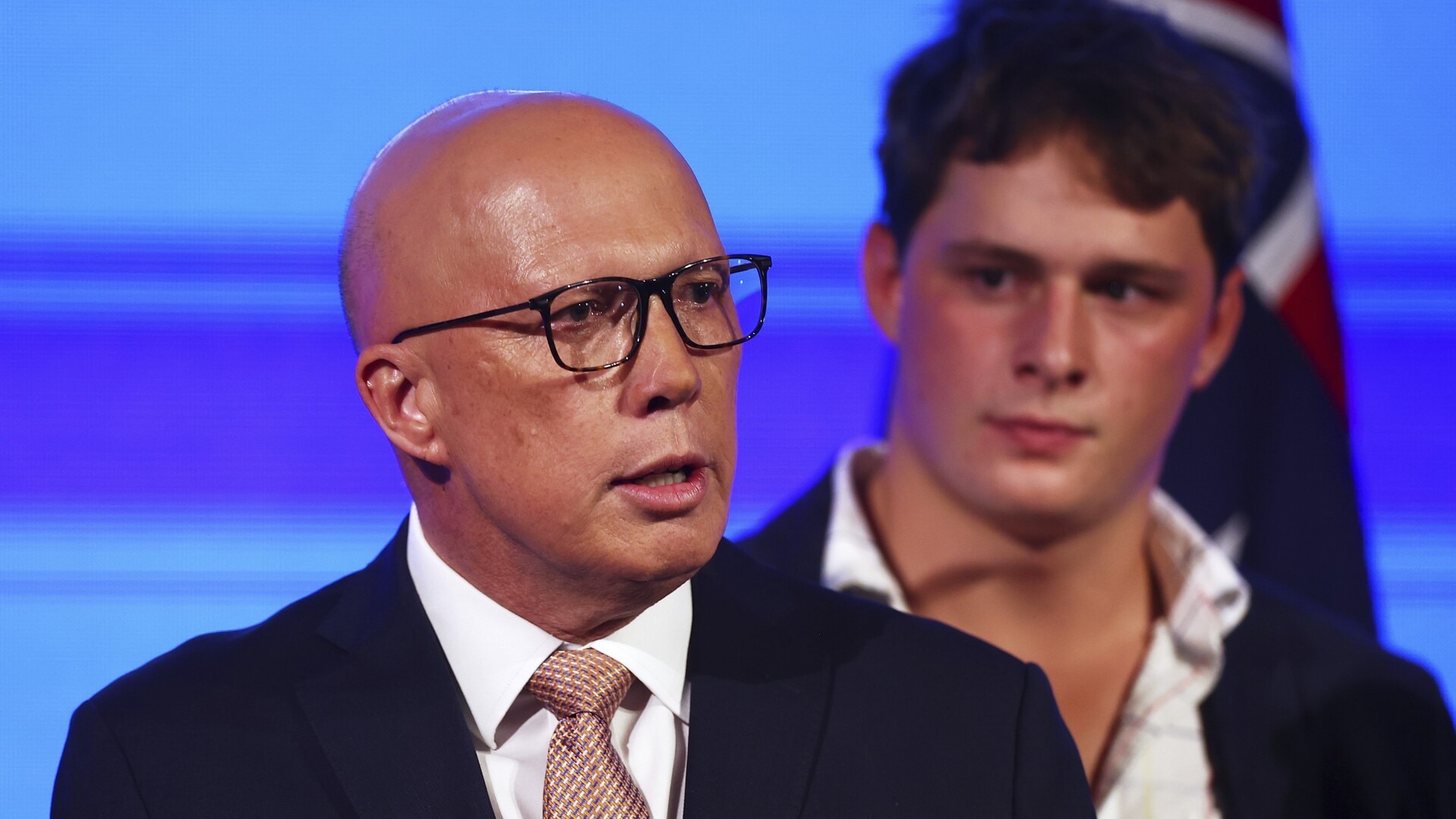
Australians sense that our country is drifting backwards and will eventually acknowledge leaders who are straight with them about our challenges and their potential solutions.
The cost-of-living pain is obvious but, rather than tackling symptoms before causes, what needs to be explained is how much of this is due to poor government. Australia is one of only two developed countries where average real disposable incomes, after tax, after inflation, and after living expenses, have gone backward across the past three years. This 8 per cent decline in living standards, the worst since these statistics have been kept, has been exacerbated by key government decisions.
Labor’s almost manic determination to drive fossil fuels out of our electricity generation is driving prices up and reliability down, and forcing heavy industry offshore. Its industrial changes have made it harder to run businesses and sent productivity backwards. Its green concerns, plus licensed lawfare, have made new resource projects almost impossible. And its addiction to record numbers of mostly low-skill migrants as a lazy way to boost overall economic growth (but not per capita GDP) is putting downward pressure on wages, upward pressure on housing costs and massive pressure on infrastructure.
A credible response to the cost-of-living crisis might have been repealing the Albanese government’s industrial legislation; scaling back foreign students to 10 per cent of university enrolments, closing English-language colleges that are basically a cover for foreigners to work here and pausing non-essential worker visas; plus ending the nuclear ban, keeping all coal-fired power stations open until there’s a reliable alternative, developing new gas fields with extreme urgency and ending subsidies for new renewables because, if they really are cheap, no subsidies should be needed. And achieving net zero, in eight elections’ time, should never have been at the expense of jobs or cost-of-living now.

As well, the federal government simply can’t keep spending 3 per cent of GDP more than it raises in taxes, throwing money at every social problem and worthy cause. The inevitable consequence of long-term deficits is that already incentive-sapping taxes will have to increase, today’s children will be saddled with ever increasing debt, and sooner or later social programs will have to be frozen. The least politically painful way to deal with debt and deficit is to go for growth, but that would have required the intellectual self-confidence to take on educational vested interests, ingrained green preoccupations and the union movement.
Part of a credible Liberal response to the explosion of the “care economy” could have been alternatives to industrialised childcare, aged care and disability care. As well, to break the corrosive “something for nothing” entitlement mindset, healthy long-term welfare beneficiaries could once more have been required to work for the dole.
As the Howard government found, making it harder to exploit the system can be quite popular, especially with low-paid workers who resent their taxes going to people who should lift their game.
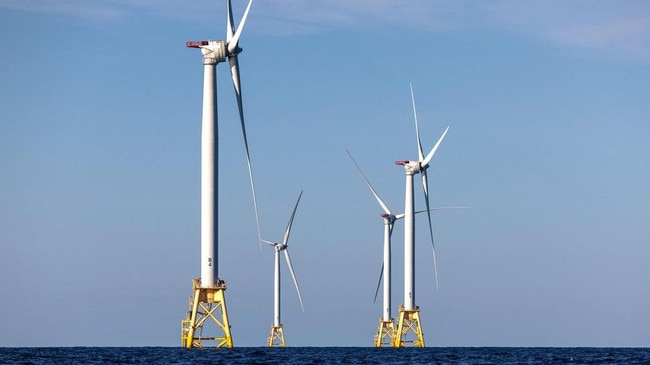
The evidence on our streets is that society is changing fast and not always for the better. An immigration system that issued tourist visas to 3000 people, more or less unvetted, from the terrorist-controlled Gaza war zone is simply importing trouble. That 80 councils now refuse to hold citizenship ceremonies on Australia Day (after Labor scrapped the rules insisting that they do) is hardly conducive to the civic patriotism needed to keep a multiethnic, culturally pluralist society together.
In the lead-up to the election, the Coalition’s response to declining social capital seemed to be moving towards an immigration system that was selective on the basis of values, insisting on unity under one flag and discouraging divisive gestures such as acknowledging that the country belongs to some of us more than all of us. Yet it never really crystallised into a decisive new direction.
For years now Australian leaders have been noting the strategic parallels with the 1930s yet without making any commensurate moves to acquire the more capable armed forces, deeper economic resilience and strengthened regional deterrence that avoiding major war and escaping economic coercion should demand.
Perhaps the most shameful dereliction of the Albanese government was its refusal to send a frigate to the Red Sea in December 2023. This was the first time since the ANZUS Treaty that Australia has refused an American request for military help because we lacked the personnel to crew ships or, more likely, because the government would prefer not to put Australian forces in harm’s way.
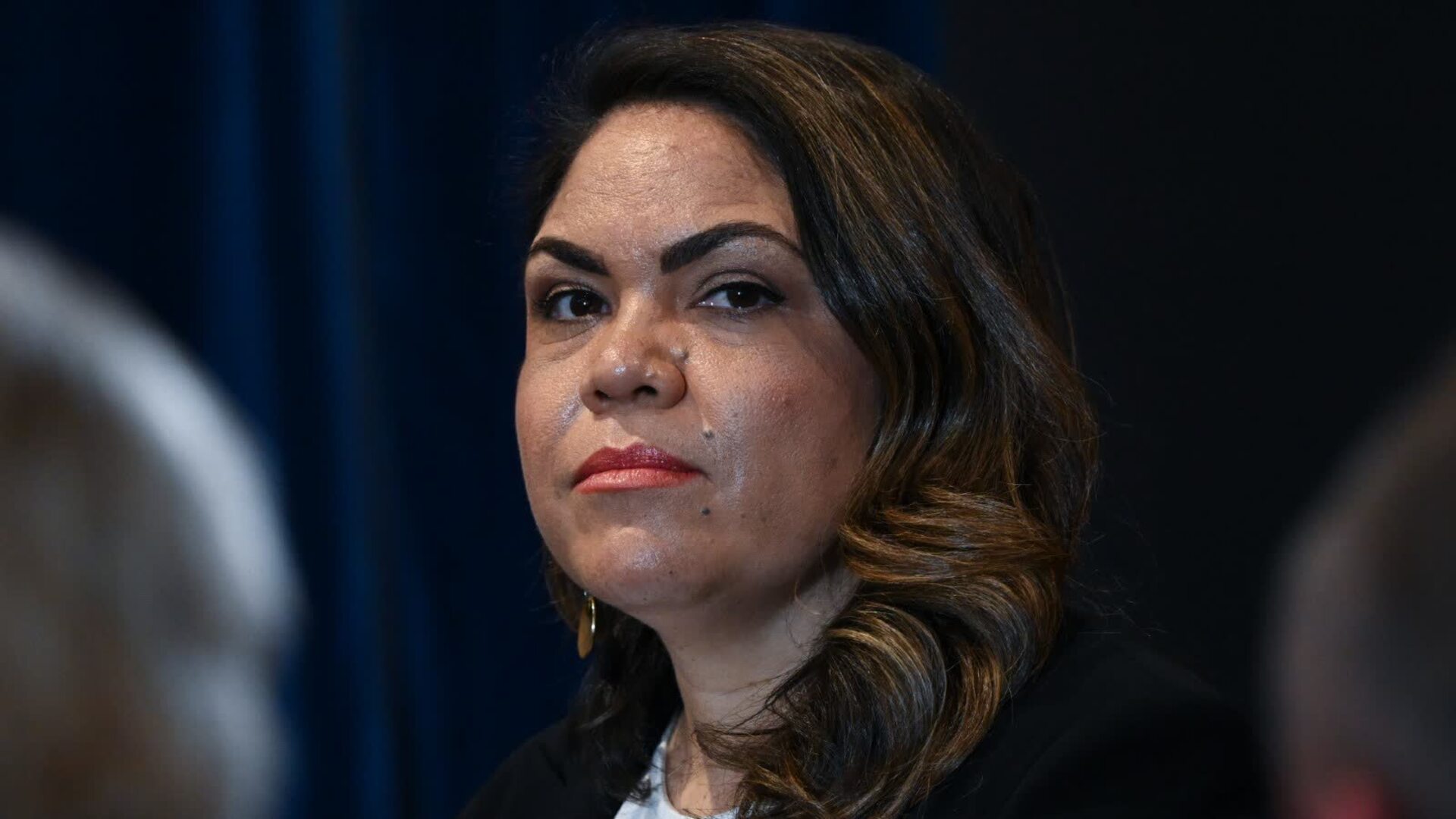
Then there was the limp response to China’s intimidatory live-fire exercise off the NSW coast. Yet the Coalition proposed only a gradual increase in military spending to 3 per cent of GDP at the very end of the campaign, unlinked to any specific program for rearmament. On difficult and complex subjects, policy can’t be developed in secret and then sprung on the public at five minutes to midnight. Or as Howard used to say: “You can’t fatten a pig on market day.” Individually as well as collectively, senior Liberals need to be working out a new and compelling program. This was my object in publishing Battlelines in 2009.
Making the next election a credible contest really needs to start now, with an in-depth analysis of our national malaise and a policy response capable of turning it around. This will require detailed work that can withstand serious public scrutiny. It also will need an accessible plan, perhaps a “contract with Australia”, in good time for the public to digest before they have to vote, that’s far more substantial than the vapid bromides the Coalition released earlier this year.
What better way could there be to show Australians you mean to be different than to invite everyone who normally votes Liberal and who takes an interest in our public life actually to join the Liberal Party for real policy debates and to choose the best possible candidates at rank-and-file preselections that factions can’t readily manipulate?
In failing to perform better against a deeply underwhelming government, Liberals have to accept that we’ve let ourselves down. What’s worse, we’ve let the country down and now owe it to Australians to learn the right lessons and improve accordingly.
Tony Abbott was prime minister from 2013 to 2015.



